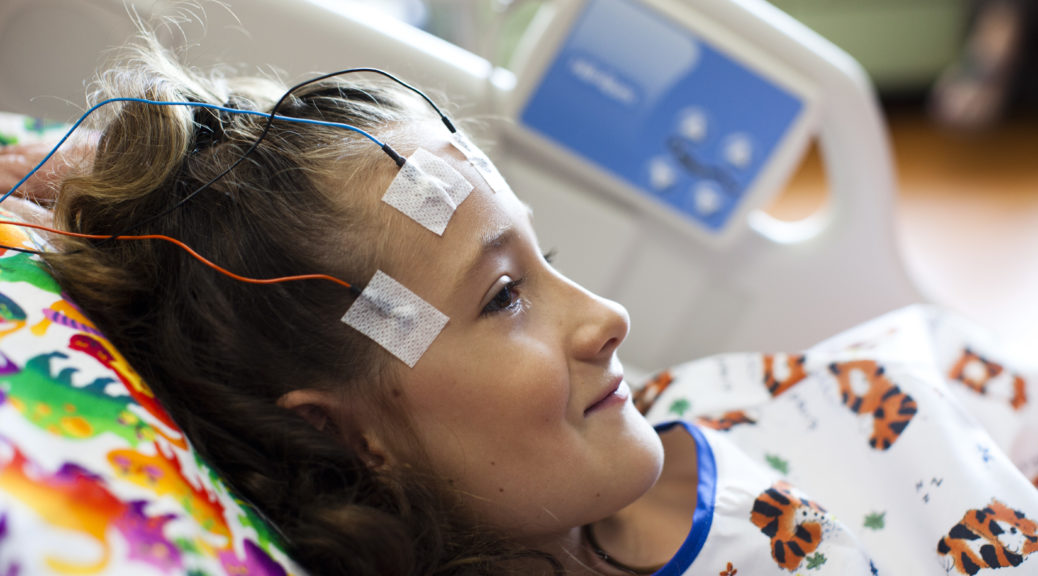The ARCH lab has contributed to two papers specifically examining quality of life in children with epilepsy. The first, “Parent proxy discrepancy groups of quality of life in childhood epilepsy”, sought to understand the extent to which parents are able to serve as a proxy, or informant, of their child’s quality of life. Researchers concluded that overall most parents of children with epilepsy can serve as valid proxies of their child’s quality of life. Overly-negative proxies are related to poorer parent adaptation, while overly positive parents were often unaware of their child’s struggles for social support and acceptance from peers.
The second paper, “Seizure freedom mediated the improvement in health-related quality of life following epilepsy surgery in children”, aimed to determine if seizure freedom (i.e. no longer experiencing seizures) after surgery, mediated the improvements in health-related quality of life in children with drug-resistant epilepsy. Results suggest that in children with drug-resistant epilepsy, surgery that results in seizure freedom has a significant impact on a child’s quality of life and many aspects of their functioning.
Together these findings provide important insight into the quality of life of children with epilepsy and the accuracy of using parents as informants of their quality of life.




